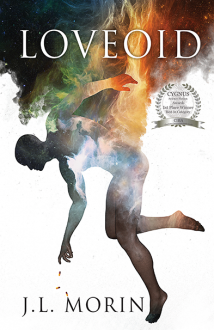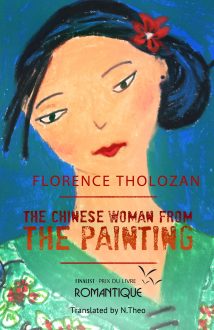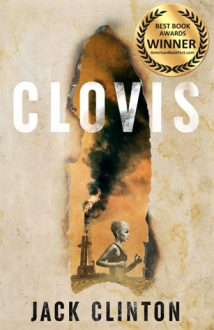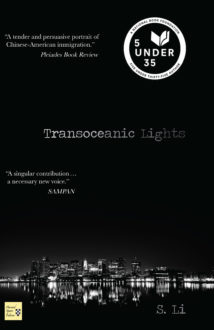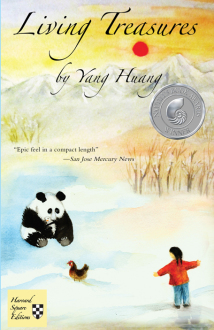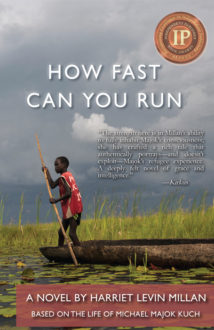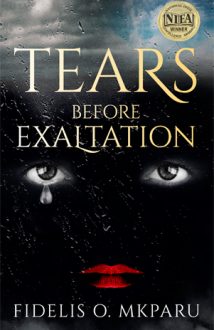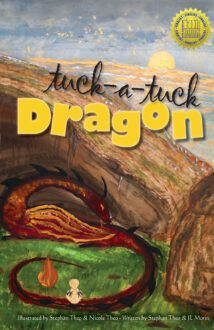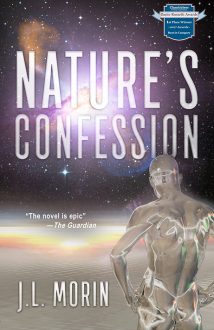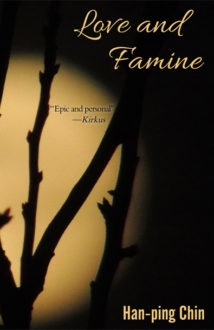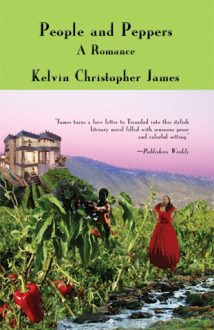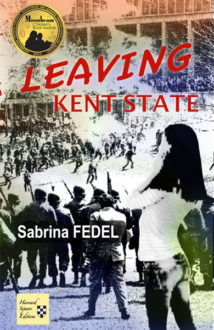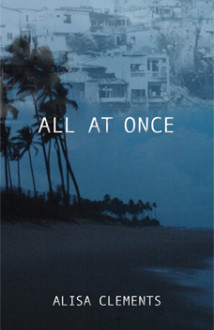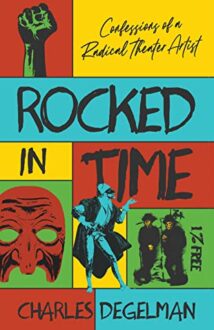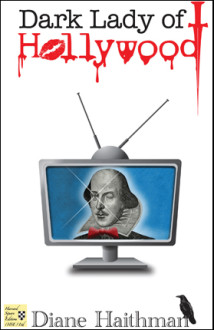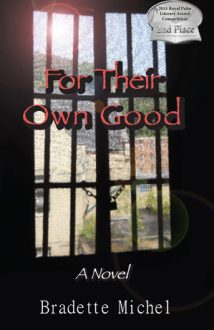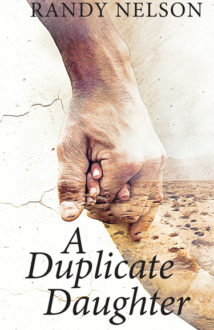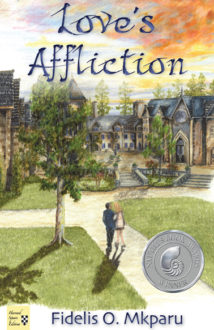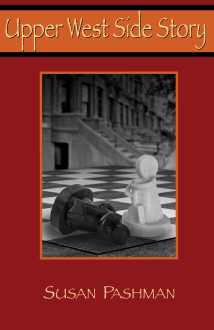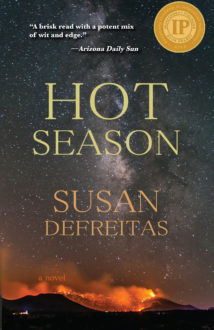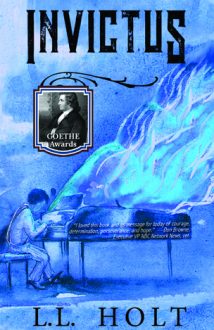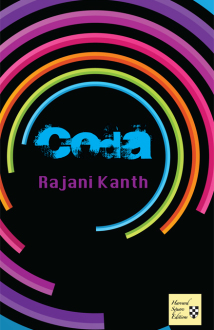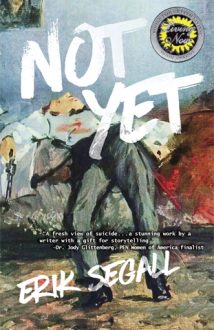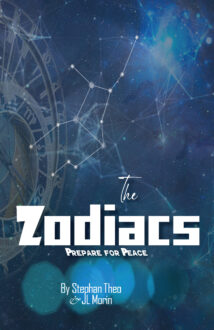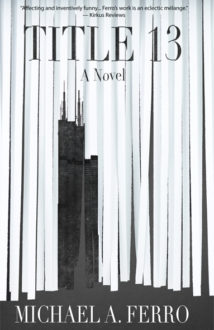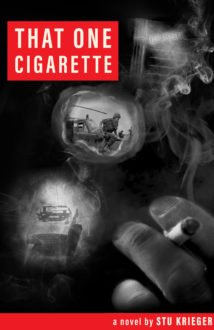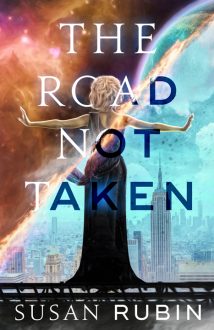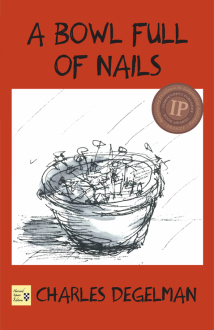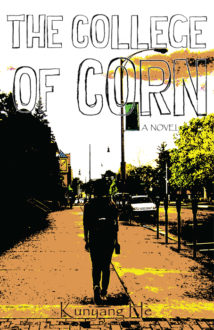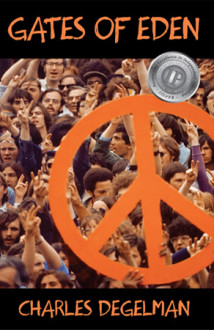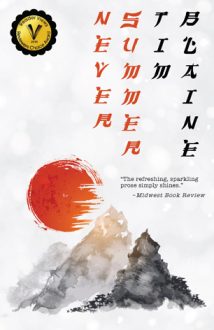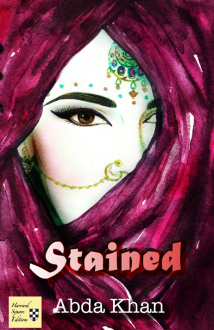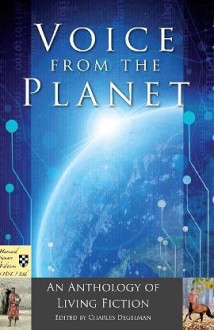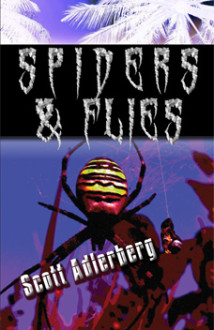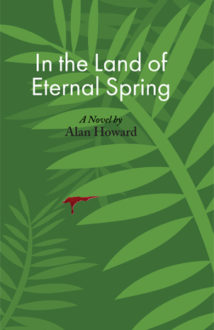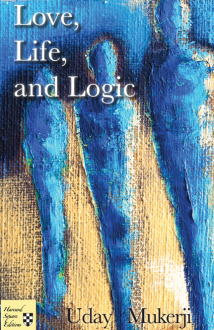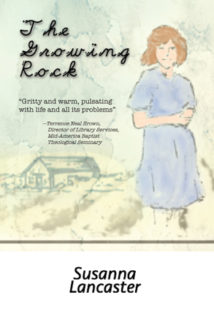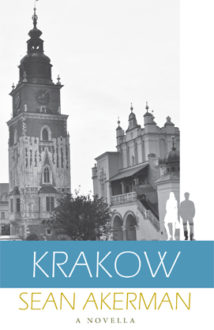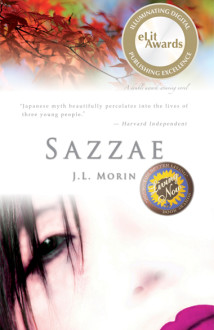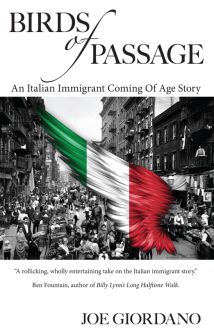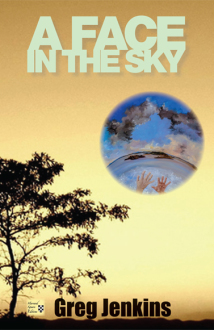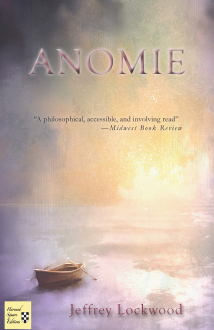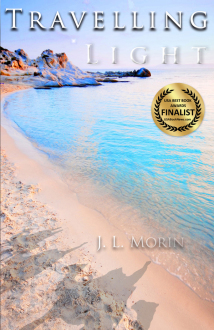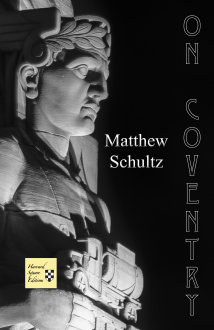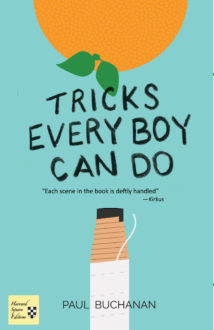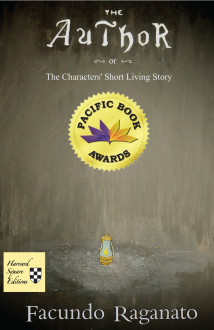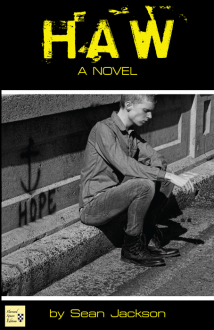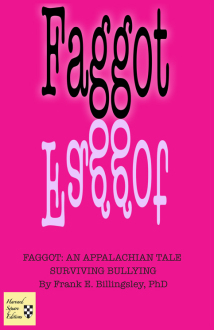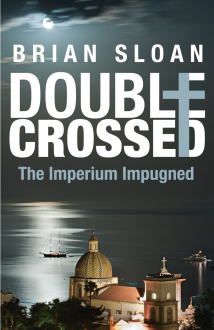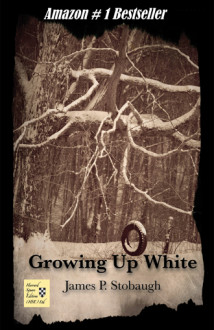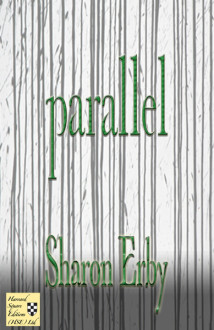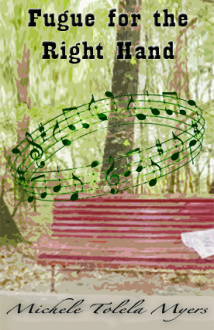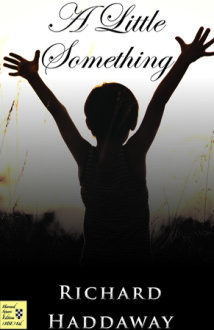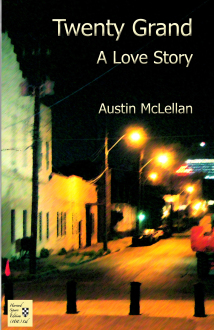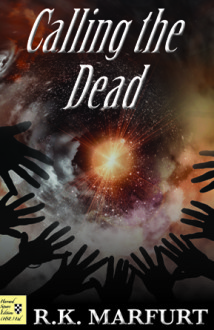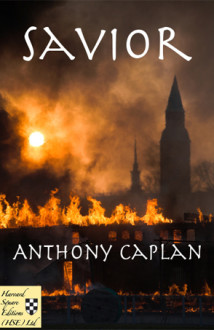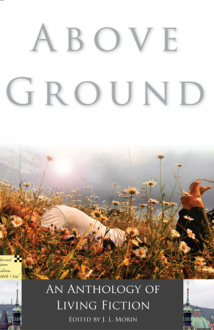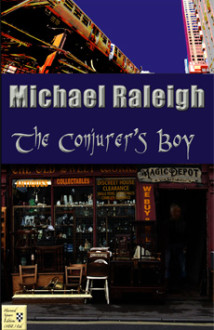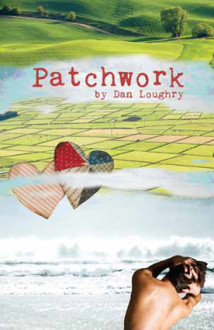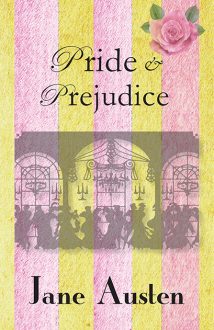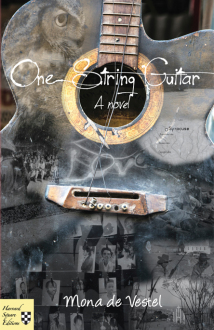
One-String Guitar, a novel about the Rwandan
Genocide, eerily comes to life following the recent
tortures and killings in Burundi
One-String Guitar’s central topic of resiliency after the Rwandan Genocide hits center stage with the current killings in Burundi Following President Nkurinziza seeking third bid.
Ten years after surviving the 1994 Rwandan genocide, Francine tries to rebuild her life in Upstate New York where she befriends Elbe, the medical interpreter assigned to her—an adoptee in search of her roots on the Pine Ridge reservation in South Dakota. Against the backdrop of the harrowing 100-day massacres of one million lives in Kigali and the revolution of the Lakota in 1972 on the res, One-String Guitar weaves a narrative of resilience, healing and ultimately, love.
The UN Commission on Human Rights recently announced that 230,000 in Burundi have sought refuge in other countries due to the killings, tortures, rapes and enforced disappearances in the last year.
“When I wrote One-String Guitar, I never thought ethnic cleansing would be taking place again so soon,” said de Vestel the author One-String Guitar.
The novel’s title—a reference to August Wilson’s Seven Guitars in which Hedley plucks a single string instrument to connect with the memory of his mother—urges us all to remain connected to the wisdom of our ancestors in order to avoid repeating the worst chapters of our history.
“But the reality is that there is always a genocide going on somewhere on our planet at any given moment,” de Vestel added.
Praise for One String Guitar
“Ten years after surviving the 1994 Rwandan genocide, Francine tries to rebuild her life in Upstate New York where she befriends Elbe, the medical interpreter assigned to her — an adoptee in search of her roots on the Pine Ridge reservation in South Dakota. Against the backdrop of the harrowing 100-day massacres of one million lives in Kigali and the revolution of the Lakota in 1972 on the reservation, One-String Guitar by writer, performer and professor Mona de Vestl deftly weaves a narrative of resilience, healing and ultimately, love. It is interesting to note that the novel’s title is a reference to August Wilson’s Seven Guitars in which Hedley plucks a single string instrument to connect with the memory of his mother — urging us all to remain connected to the wisdom of our ancestors in order to avoid repeating the worst chapters of our history. While unreservedly recommended for both community and academic library Contemporary Literary Fiction collections, it should be noted for personal reading lists that One-String Guitar is also available in a Kindle format ($9.99).”
“One String Guitar (Harvard Square Editions, 2016) weaves the histories of the Rwandan genocide and the 1973 Siege at Wounded Knee through two women’s stories—Francine, a survivor of the genocide who has resettled in upstate New York; and her medical interpreter, Elbe, who was born on a reservation and adopted by a white family. One-String Guitar follows their journeys to come to terms with their personal and generational trauma.
“Akin to Leslie Marmon Silko’s weaving, One-String Guitar is at once a personal, political and poetic novel, that draws the reader into lives beyond the borders of geography, culture, and even biology. de Vestel is a skilled storyteller, traversing multiple landscapes, and contending with the charged political consequences of genocide and complex intersections of class, race and queer identity. Her treatment of relationships is reminiscent of Maggie Nelson’s The Argonauts: sensitive, revealing and finely-attuned. You won’t want to put One-String Guitar down.”
—Amy King, Author of The Missing Museum
One String Guitar
by Mona de Vessel
Resiliency after the Rwandan Genocide
Release date: November 17, 2016
Genre: Diverse Fiction, Multicultural, Suspense, Historical
Price: $22.95
ISBN: 978-1-941861-29-5
“One String Guitar is a revelation. It’s also a novel you should give yourself plenty of time to read so that you can savor its many depths, both personal and political. Earlier in her career, Mona de Vestel was a spoken word poet and performance artist of magnetic power, all her incandescence is right there on the page where you have been waiting for it all your life.”
—Nancy Keefe Rhodes, arts writer & editor
“Congratulations are in order, to Mona for the achievement, to the reader for the journey at hand. Here you will find a compelling narrative of grace rare in an inaugural work. This is a meticulously crafted text that still somehow manages to sprawl across characters, cultures, continents, and an impressive array of emotional registers. It is a sophisticated work, polished, crafted, deeply layered while never forgetting what makes literature literature – it is a good read, reeking of authority. The text facilitates unique character intimacy before reforging it in the horrific genocides of Rwanda and the First Nations without ever sliding into easy sentiment or sensationalism. This is a journey both disturbing and revelatory, and ultimately beautiful as only meaningful literature can be. This inaugural work establishes Mona de Vestel as a contender and true voice. This one she can be proud of. Forever.”
—novelist Arthur Flowers
“One String Guitar tells stories so embedded in sensations and rhythms of everyday consciousness that when it takes us across the boundaries of identities and cultures, we travel there with open hearts and minds.
From the Pine Ridge Reservation of South Dakota, to the rust-belt Central New York town that becomes a refuge from the genocide in Rwanda, to the borderland of transgender identity, we are taken on a journey of pain but also of hope and love for these characters in crisis.
de Vestel is an astute interpreter of historical trauma, addiction, and mental illness who conveys an understanding of home and the notion of a socially-constructed family from the perspective of the displaced.
—Rebecca Garden, Associate Professor of Bioethics & Humanities, Upstate Medical University
Interview with Mona de Vestel

About the Author
Of mixed Belgian and African descent, Mona grew up in Brussels and later moved to the United States where she taught writing at the State University of New York (Oswego & Utica). Her memoir King Leopold’s Daughter is a finalist for Restless Books’ Immigrant Writing Prize. Her work explores the role of the ‘other’ in the marginalized voices of our world. She is currently at work on Trail of Light, a memoir about her quest for joy, healing, and the magic in her life. Mona now lives in Southern California with her family. For more info about the author, please visit: www.authormona.com





